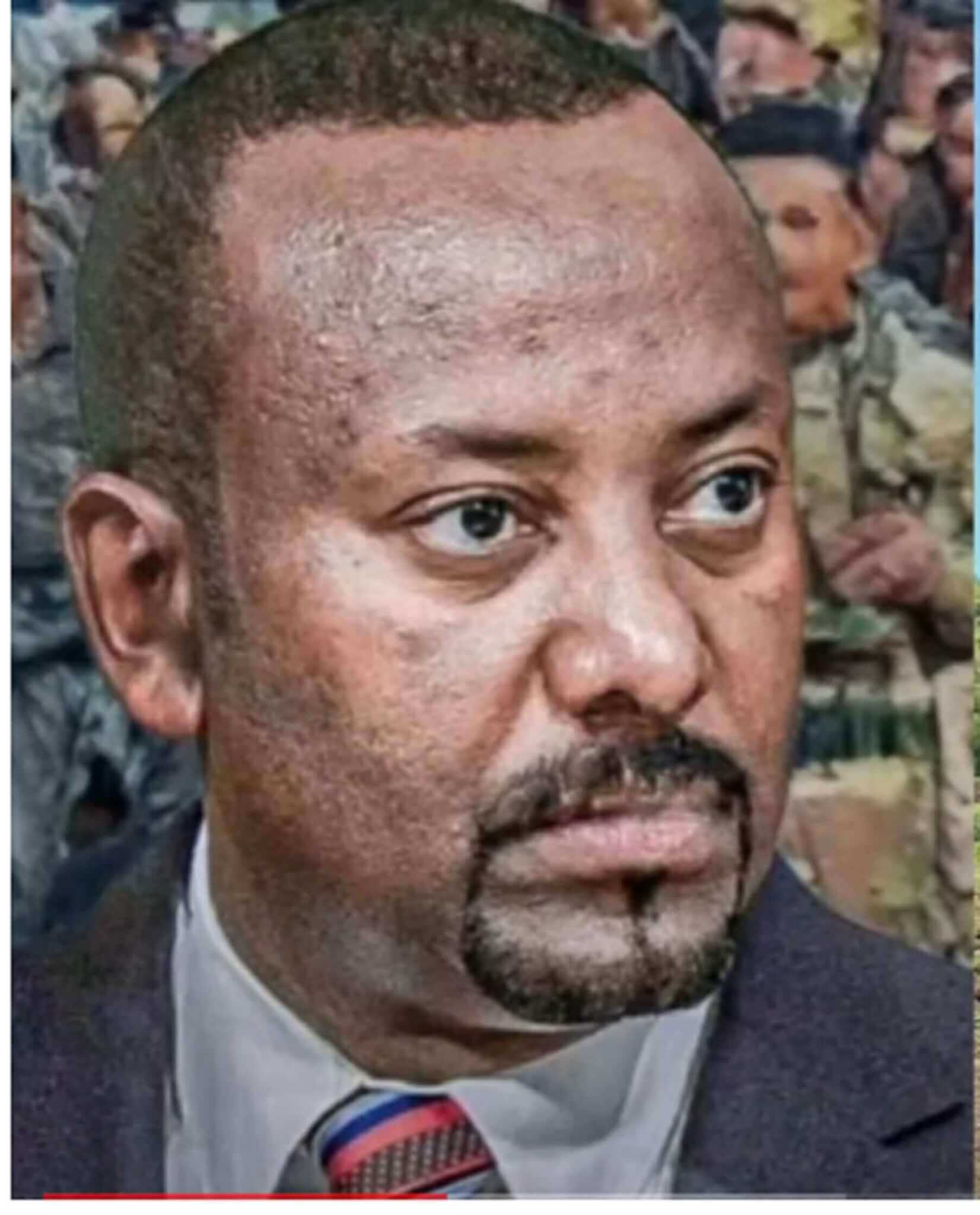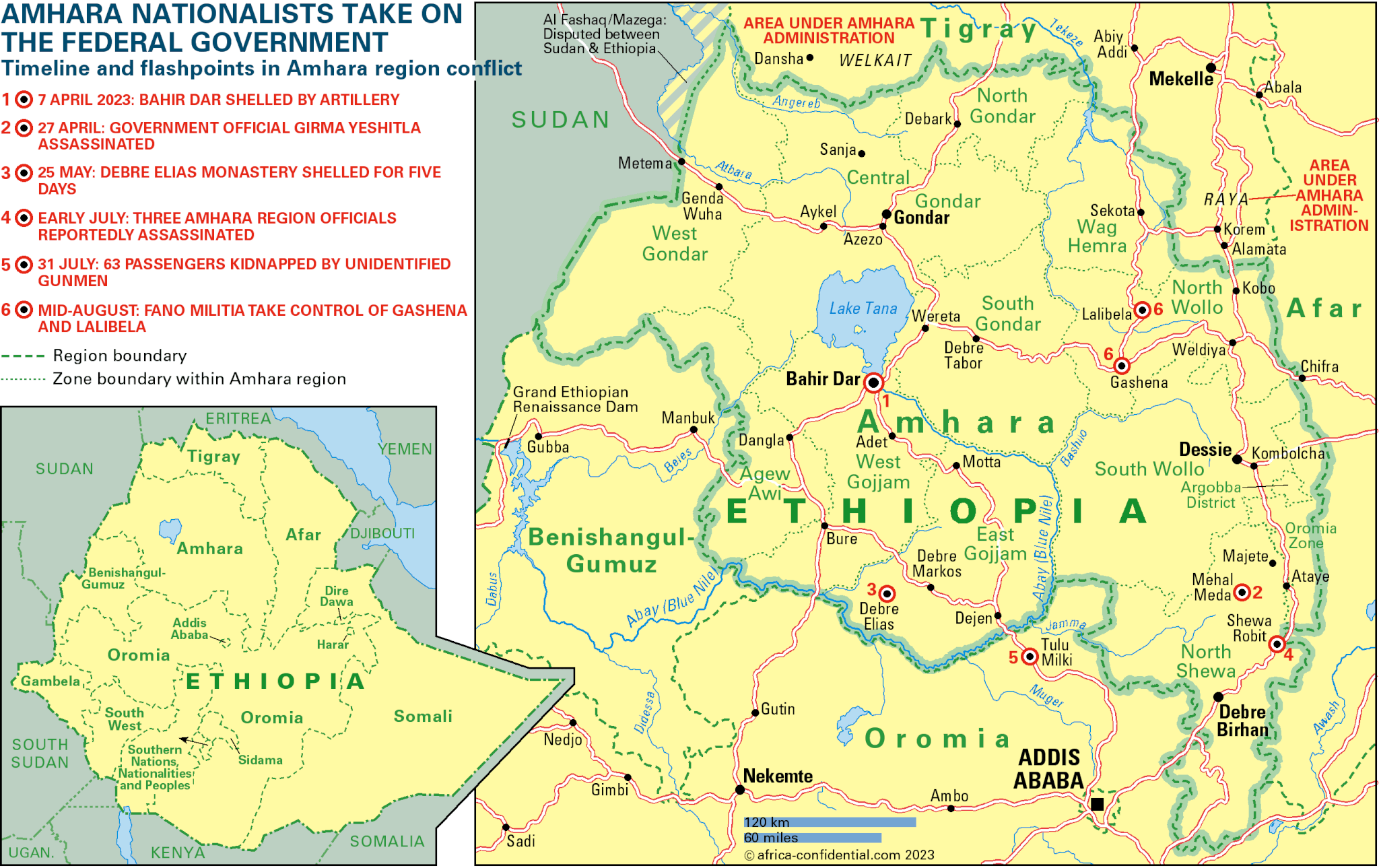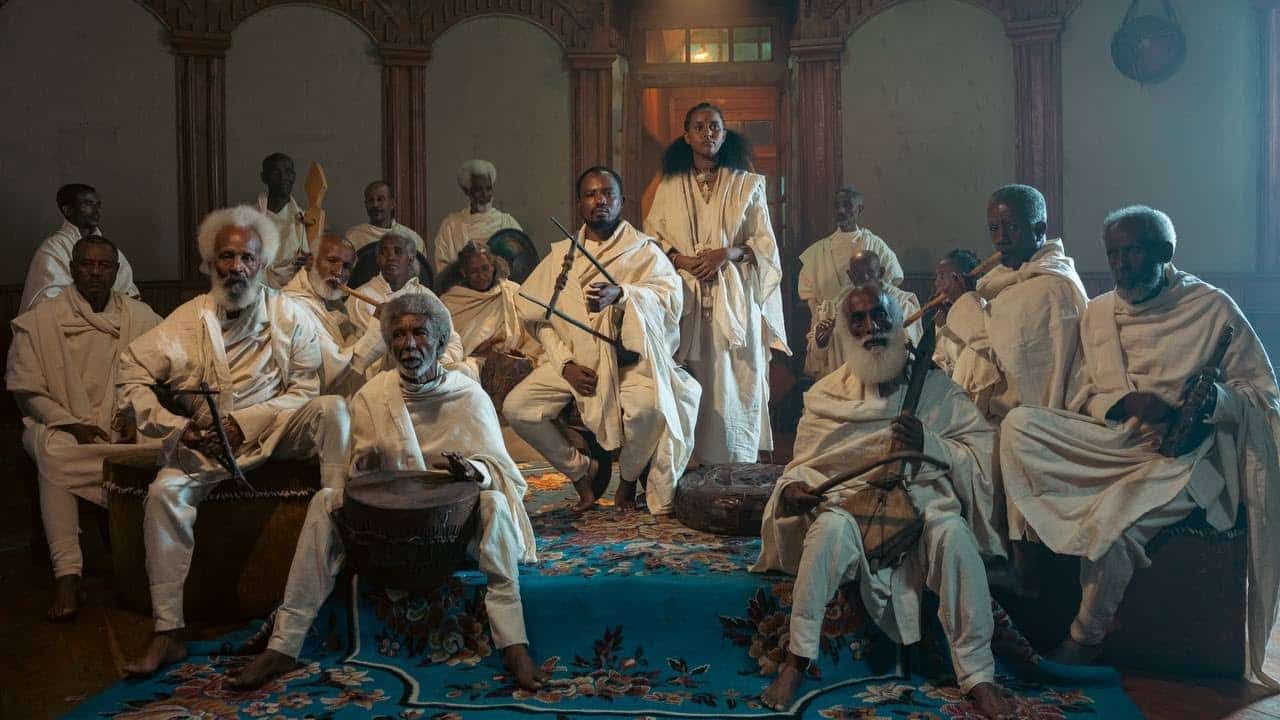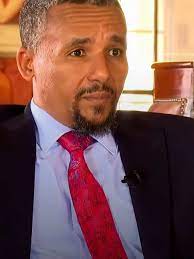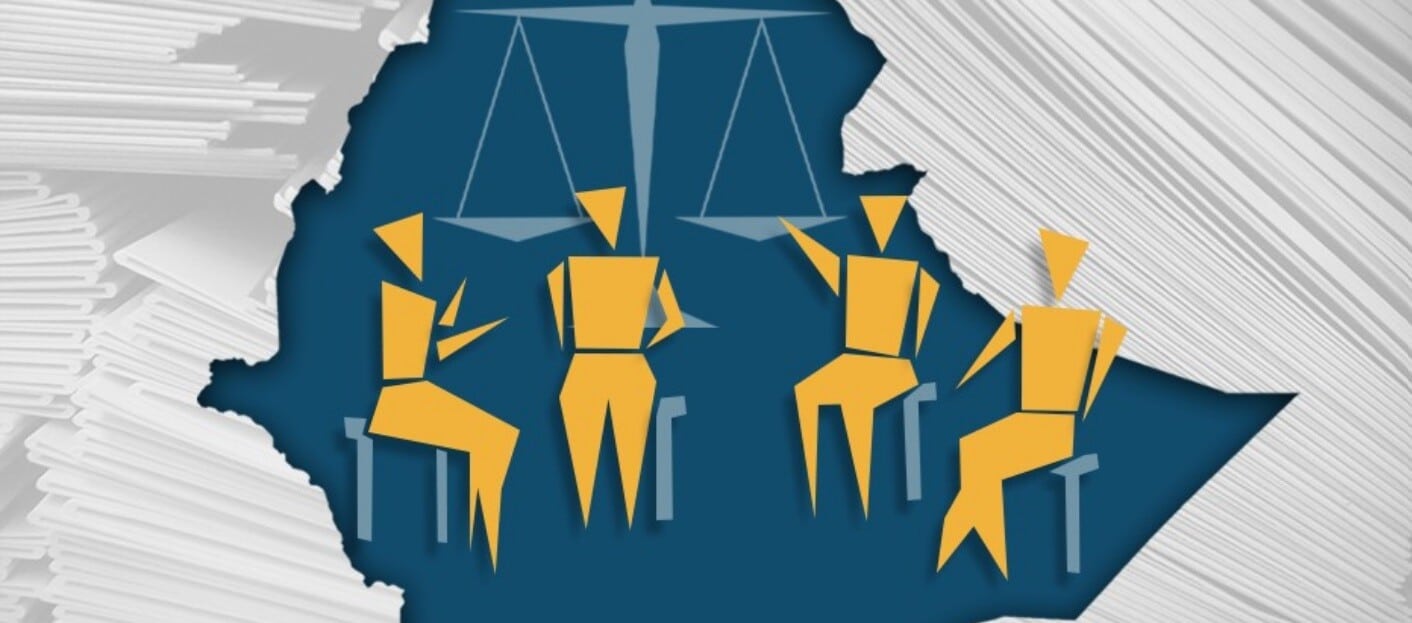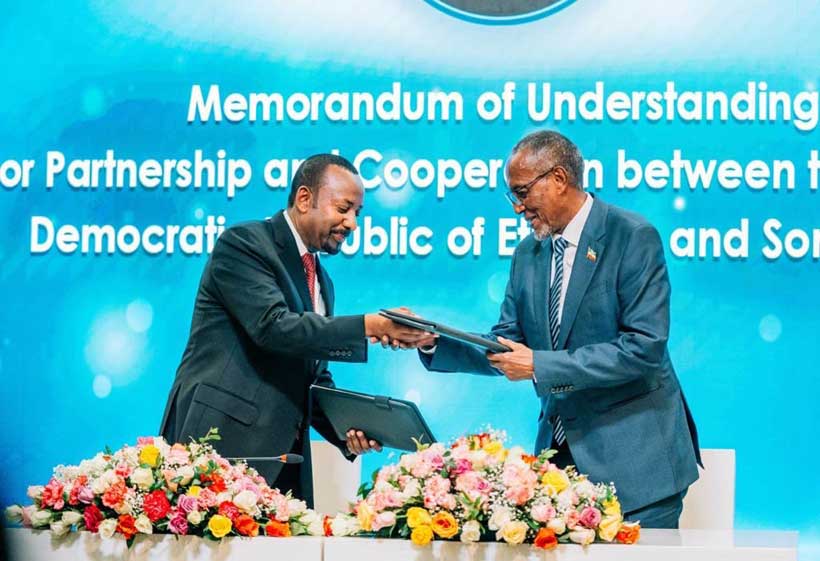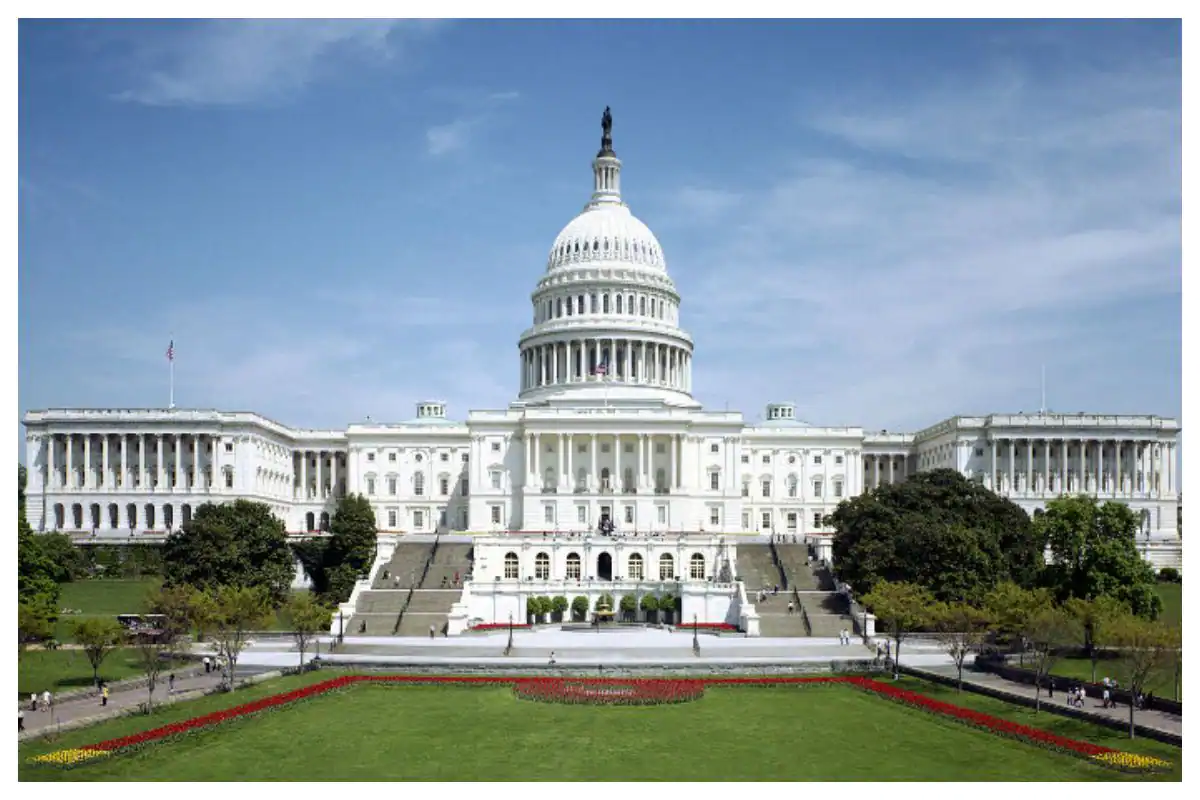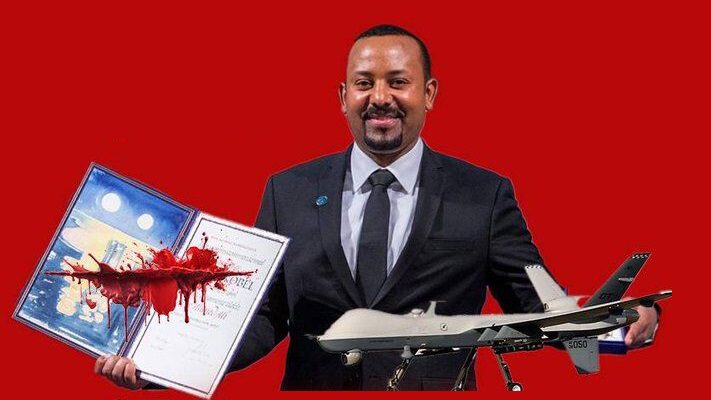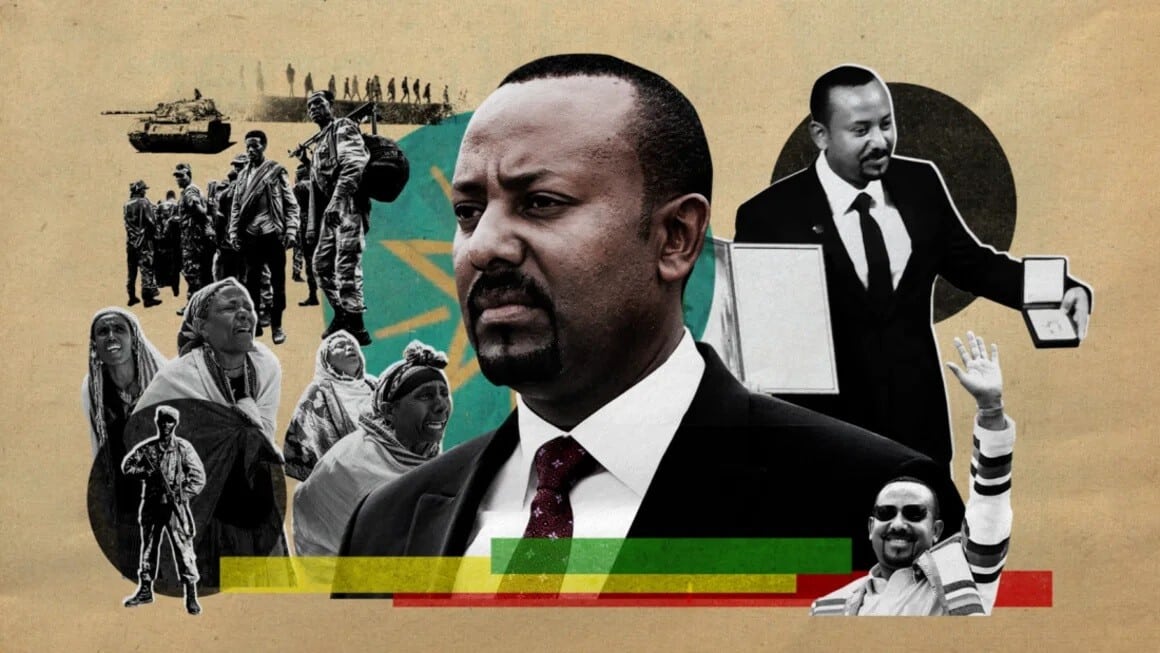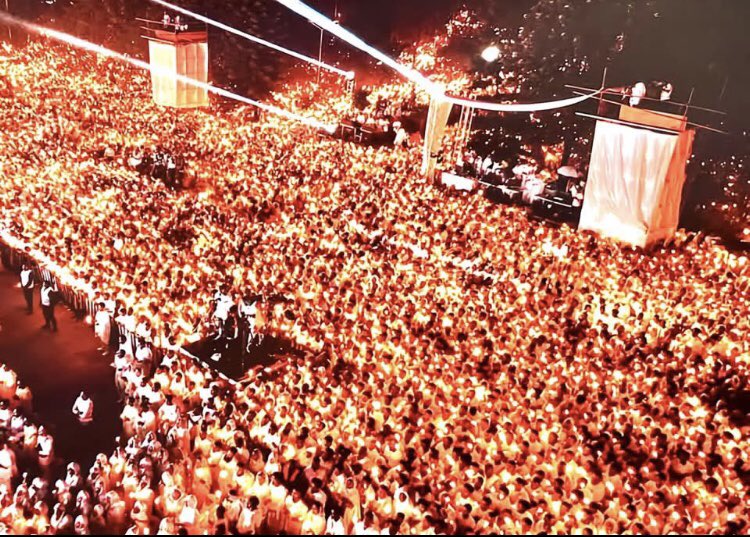Aklog Birara (Dr)
Part 3 of 4
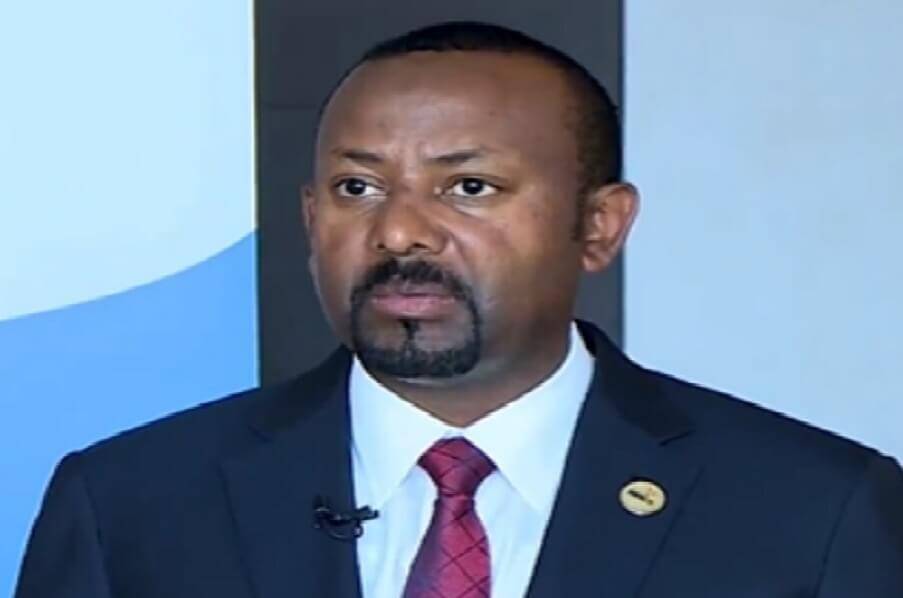 In its insightful analysis entitled “The avalanche catches up with Abiy Ahmed” of August 23, 2023, Africa Confidential writes.
In its insightful analysis entitled “The avalanche catches up with Abiy Ahmed” of August 23, 2023, Africa Confidential writes.
“The rebellion in Amhara region and the government’s heavy response is testing the federal system to the limit. Initially, Prime Minister Abiy Ahmed won plaudits for recasting the system inherited from his predecessor Meles Zenawi who dominated Ethiopian politics from 1991 until his death in 2012. Yet he may be haunted by one of Meles’ aphorisms as cited by British historian Alex de Waal: ‘Governing Ethiopia is like running in front of a volcano.’ For Abiy, the broad-based rebellion in Amhara region this year could prove to be just that eruption.”
Ethiopia’s current cruel war is of Abiy’s own making. Until he initiated the war under the pretext of restoring “law and order,” a euphemism that has been used by Abiy repeatedly, the Amhara region was the most peaceful in the entire country. The Amhara rebellion erupted like a “volcano” because simmering tensions and grievances of the Amhara population remained totally ignored and unattended. The region’s leadership changed numerous times. Leaders were appointed based on loyalty to Abiy’s Oromo Prosperity Party instead of unbridled commitment to the Amhara people. Today, the Amhara leadership is no more. It has literally evaporated.
Ethiopia’s “volcanic eruption” is not likely to end soon. Because the system is not set up to reconcile differences through peaceful means. Abiy has made the situation worse. He believes in settling differences through miliary means. How many peace commissions have tried to do the impossible task of humanizing and democratizing Ethiopian society? Military solutions are non-starters. You cannot rule any society by using brute force.
Whether federal or unitary, a country’s national institutions matter in terms of public policy. Among these national security and defense stand out as critical. Representation matters. If heavily skewed in favor of one ethnic group as was the case under TPLF rule not long ago; then it is impossible for me to entertain the notion that Ethiopia possesses an effective national security or defense structure.
The command structure of Abiy Ahmed’s massive force is unrepresentative of Ethiopia’s diverse population. The current composition of the officer corps exceeds the one it replaced. I recall Oromo, Amhara and other non-Tigreans admonishing TPLF for its unrepresentative military establishment at the top.
Look at the data and judge for yourself whether this command system is healthy or unhealthy for the country and its 126 million people. Imagine how an Amhara child feels when faced with generals and troops with whom they do not have affinity and with whom they cannot enjoy civil exchange or share their anguish.
Ninety-five percent of Ethiopia’s generals are Oromo. This sends a powerful signal to the rest that their wellbeing, their lives and their non-representation concerning a major institution that affects their daily lives are inconsequential. Unrepresented persons rightly argue that they are not human beings worthy of representation.
Facts matter.
The reason for frequent protests in the Amhara region is to oppose military measures against Amhara by the Ethiopian army. It is important to note Ethiopia does not have a representative national defense force. The correct nomenclature is the hegemony of a core national institution by Oromo ethnic elites. This army mimics the capture of state and government power under the championship of Prime Minister Abiy. Ninety-five percent of the country’s generals are Oromo. At the top of the military establishment is Prime Minister Abiy Ahmed, Commander in Chief of the armed forces. Others at the top of the military command and control structure include the following:
- Filed Marshall Berhanu Jula, Chief of Staff
- General Getachew Gudina Silvana, Chief of Army Intelligence.
- Lt. General Alemshet Degfie Balcha, Chief of Training and Mechanized forces,
- Lt. General Achalu Sheleme Merga, Chief, Manpower Deployment
- Lt. General Abdulrahman Ismaiel Alo, Chief of Logistics
- Lt. General Shuma Abideta Heeka, Chief of Commando and Airborne forces
- Lt. General Berhanu Bekele Bedada, Chief of Northen and Western Command
- Lt. General Solomon Itefa Lemu, Chief of Southern Command
- Lt. General Yilma Merdassa Gnapaa, Chief of the Airforce
- Major General Itefa Raga Meko, 1st Commander of the Southern Command
- Major General Kefyalew Amede, Chief of Armed Forces Communications
- Major General Abdu Kedir Kel
- Major General Mulatu Jeldu Wakjira
- Major General Girma Kebebew Tufa
- Major General Alemayehu Woldie Jilo, Deputy Chief, Airfoce operations
- Major General Gizaw Uma Abdi, Chief, 6th Command, Fourth Corps
- Major General Demisew Amenu Fafa, Chief of Training
18 Major General Jemal Mohamed, Chief, Republican Guard
- Major General Abidiro Kedir Benta
- Major General Nasir Abadiga Abadiko, Chief Mechanized Corps, Northern Command
- Major General Tesfaye Ayalew Alemu, Chief, Deployment
- Major General Negeri Tolina Guder, Chef 3rd Corps, Western Command
- Major General Teshome Gemechu, Director, Foreign Military Relations Directorate
- Major General Kebede Regessa Gerbie, Chief, Military Colleges/Universities
- Major General Tesfaye Eregassa Ementie, Chief Army Deployment
- Major General Teshome Tadessu, Director, Military Research and Studies Directorate
- Brigadier General Tegegne Leta, Chief, Military Hospitals
- Major General Kumera Negerie, Deputy Chief, Logistics
- Brigadier General Yadeta Amentie, Deputy Chief, Deployment
- Major General Kumsa Shanto Chief Military Foundations
- Major General Mulatu Jeldu Wakjira, Chief, Military Industry
- Brigadier General Bulti Tadesse, Chief, Military College
- Brigadier General Tesfaye Legesse, Deputy Chief, Air force
- Brigadier General Yadeta Amentu Gelan
- Brigadier General Adugna Deresa Horesa
- Brigadier General Amsalu Kumsa Roro
- Brigadier General Duresa Degefa Eiegnunie
- Brigadier General Zinabu Ababor Abagisa
- Brigadier General Mosisa Tolosa Gerba
- Brigadier General Tesfaye Legesse Diana
All Chiefs and officers of Federal Police at all levels consist of Oromo.
All Chiefs and key personnel of the city government, including kebeles of Addis Ababa consist of Oromo.
My conclusion from this skewed distribution is this. Ethiopia no longer enjoys a military establishment that is representative of the country’s diversity. It no longer enjoys an institution that defends the country’s territorial space, sovereignty, and the security of all Ethiopia nationals against internal terrorists,
The government in power that replaced TPLF hegemony has reduced Ethiopia’s armed forces to serve on the behest of the Prime Minister and his Oromo clientele. This is the reason why trust in the government and its institutions, including the military, has evaporated.
Incidents over the past four months that include arrests and incarcerations of thousands of Amhara, Gurage, Gamo and others, harsh, cruel, and barbaric treatment of ordinary Amhara citizens by this military in the Amhara region illustrate the hurdles Amhara face and the trouble Ethiopia finds itself in as a country. The human toll is simply heart wrenching and unparalleled in the annals of modern Ethiopian history. Where in the world does a responsible government send its armed forces to a specific region targeting ordinary citizens using tanks, drones, and military aircraft?
I shall provide three fresh examples on the ground:
- BBC Amharic program and local media reported on August 13, 2023 “Airstrikes hit peaceful demonstrators in the town of Finote Salam, Gojjam. Amhara, Ethiopia” and killed 70 innocent Amhara civilians. “On August 15, the Boston Globe reported that “Ethiopian airstrike on a town square in the Amhara region kills 26, health official says,” reducing the number substantially and associating it wrongly with rebellion in the Amhara. The dead did not revolt against the regime.
The reason for the protest in Finote Salam is to oppose military measures against Amhara by the Oromo dominated and commanded Ethiopian army. As highlighted above, it is important that the international community appreciates and acknowledges the fact that Ethiopia does not have a representative national defense force. It may as well be called Abiy’s army. Ninety-five percent of the country’s generals are Oromo, with Prime Minister Aby Ahmed, a Colonel, serving as Commander in Chief of the armed forces.
- On August 9, 2023, Al-Jazeera reported that Abiy’s military deployed tanks and other lethal weapons in the ancient city of Gondar, a city with irreplaceable castles, monasteries, churches, and mosques menacingly. This ancient city, the second largest in the Amhara region, one of the largest in Ethiopia and famous for its UNESCO recognized celebration of Timket (Ethiopian X-Mas was in shock.
Small children, mothers, elders, and spiritual leaders of all faiths witnessed unprecedented cruelty, brutality, and savagery, with tanks shooting randomly at innocent civilians.
An eyewitness in shock said this to Al-Jazeera. “It was intense fighting. ENDF were using tanks. Our fighters were just using Kalashnikovs” on condition of anonymity.
This ancient city of Gondar had never ever experienced such brutality using tanks and other heavy weapons against innocent civilians, national icons, and treasures in the heart of a densely populated city.
It is clear to me and to other independent observers that the target is the Amhara population and its precious assets. This is more the case because Fano had exited the city by the time of the invasion and assault.
- Months before the Abiy regime announced its decision to disarm Amhara Special Forces, Amhara militia and most notably, Amhara Fano, the Guadian reported “More than 4,000 arrested in Amhara as Ethiopia cracks down on militia” began. The plan to assault Amhara started long before the deployment of Abiy’s army.
“Ethiopia has launched a sweeping crackdown against an influential armed militia in its Amhara region that has led to the arrest of more than 4,000 people, including journalists, activists and a former general. The militia group, known as the Fano, played a key role alongside the federal military in beating back November’s southward advance through the Amhara region by the Tigray People’s Liberation Front (TPLF), which is fighting an 18-month-long civil war against the government and its allies.”
Abiy’s regime crafted a rationale to subdue all public dissent in the Amhara region and across Ethiopia. It argued for public consumption that a few disgruntled “bandits, ultra-Amhara nationalist (ጽንፈኞች፤ነፍጠኞች) are determined to destabilize the Amhara region and, if successful, to overthrow the constitutional order.
From bad to worse
The regime then prepared a three-month military plan of action and began its assault of Amhara. This initial campaign also failed. This is because the Amhara population of which Fano is the core, refused to accept this gross interference and human degradation in the most peaceful region in the country.
The regime then reverted to plan B. It either pressed or incentivized the Amhara regional president who had fled the scene by then, to invite the federal government to intervene militarily. The request under the pretext of restoring law and order escalated matters to a point of no return. The regime declared a state of emergency for the Amhara region. This executive order has since then been debated by the Ethiopian Parliament and passed as law.
Here, I commend those who opposed the bill. Former President of the Amhara region, Mr. Gedu Andargachew and member of Parliament Dr. Abraham presented compelling and passionate sets of evidence and argued why the bill is a travesty. The root cause of the problem is constant and relentless attack, killing, genocide, ethnic cleansing, and displacement of Amhara. The rebellion is a popular uprising against systemic, institutional, and structural injustice. Placing blame on Fano is misplaced.
The bill sanctions state and government sponsored indiscriminate killings and arrests without due process, destruction of economic, social, and physical infrastructure. It suffocates all human and civil rights in a country where there are none. Even a member of Parliament, Christian Tadele, a person who has immunity rights, was whipped like a dog and taken to jail as a common criminal. So, is any Amhara or non-Amhara who defends justice, human rights and freedom, human security, and peace in Ethiopia.
The proclamation is a travesty.
The bill is another dark milestone. It strengthens the punishing and punitive role of the federal government that no longer represents the Amhara population, for that matter most Ethiopians. Gurage, Gamo, Annuak, Oromo who believe in our common humanity and others face similar predicament.
I shall cap this section with the illegal use of drones against Amhara civilians.
The United Arab Emirates (UAE) has a vested interest in Abiy’s Ahmed’s projects including the Chaka project. UAE’s continued commitment to avail miliary hardware, including weapons barred by international law to a terrorist state and government makes the UAE as much responsible and accountable for the deaths of innocent Amhara civilians and for incalculable destruction as Abiy himself. So are Turkish companies.
Reliable sources tell us that in 2021, Abiy Ahmed secured 4TB 2 drones from a Turkish company at a cost of 49 million dollars. Stationed at the air force base in Debre Zeit, experts argue that the number of drones might be higher. Expending limited financial resources on weapons while 20 million Ethiopians go hungry each day; and the rest can ill-afford one meal a day is heartless and mindless. I imagine that at one-point hungry people will rise and demand justice too.
Whether Turkey or UAE or other, it is high time that weapons suppliers refrain from participating in war crimes, crimes of ethnic cleansing and genocide as well as displacement.
The key is that Abiy’s Army uses the drones and tanks indiscriminately for political purposes rather than in defense of Ethiopia’s territorial integrity, sovereignty, and independence.
The use of drones against the Amhara civilian population is a war crime. It is a violation of international human rights laws.
I urge the Ethiopian Diaspora community, especially Amhara to make a formal complaint to the ICC as soon as possible. I also urge us to send a joint letter to the UAE, the Turkish Company, and other weapons suppliers that they are participating in the execution of heinous war crimes, crimes against humanity, crimes of war and genocide in Ethiopia under the watch of Prime Minister Abiy Ahmed.
Let me close this commentary by repeating my earlier calls:
- Stop killings and massive arrests of Amhara now; and release all political prisoners.
- Pull out Abiy’s military and security machine from the Amhara region
- Join the Amhara resistance now because you are likely to become the next victims of Oromo intransigence, arrogance, and hegemony.
In the medium term, it is desirable to find a peaceful way out of the tragedy Ethiopia faces. The above initiatives can build mutual trust and confidence. The way out is for the two parties, namely the regime in power and Amhara stakeholders including Fano to meet face to face, iron out differences and seek lasting solutions.
Long term, the root causes for Ethiopia’s continued agony like the ethnicity and language-based constitution and administrative structure must be addressed head on.
In my commentary 4 of 4, I shall focus on why Amhara are singled out for possible extinction from Ethiopia; and why it is critical for each of us to support the popular Amhara resistance without hesitation and with all the means at our disposal.
August 23, 2023

